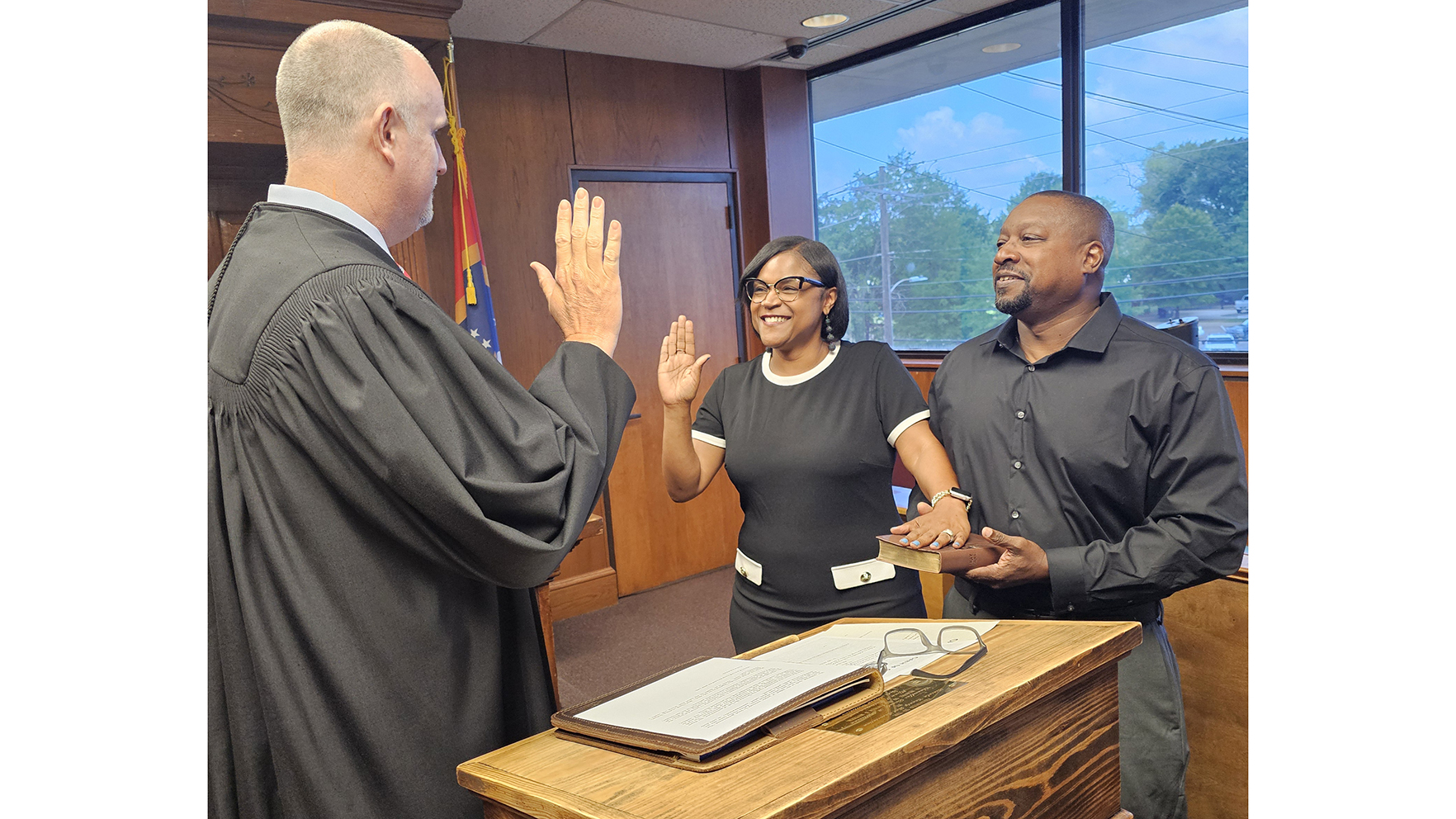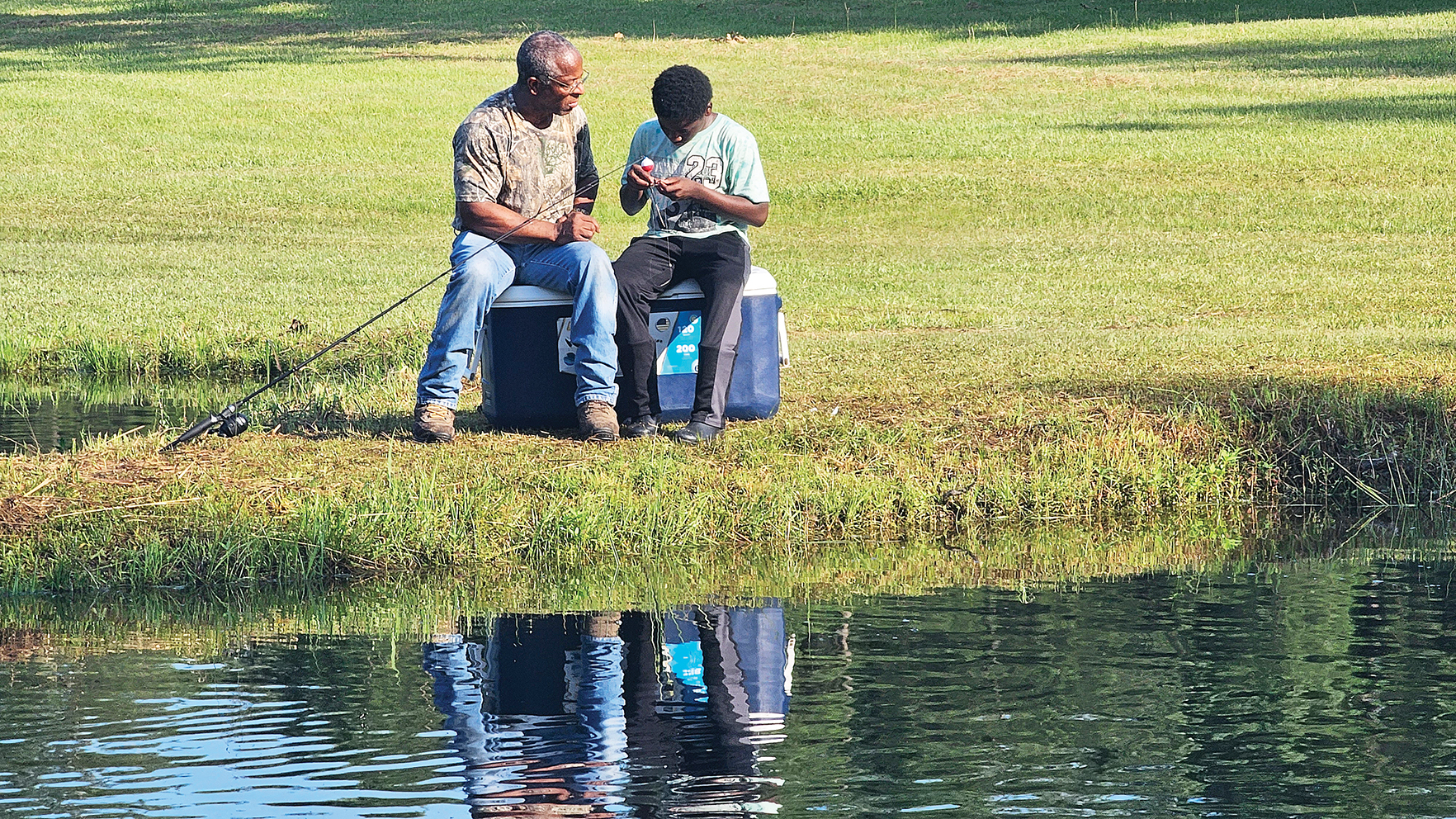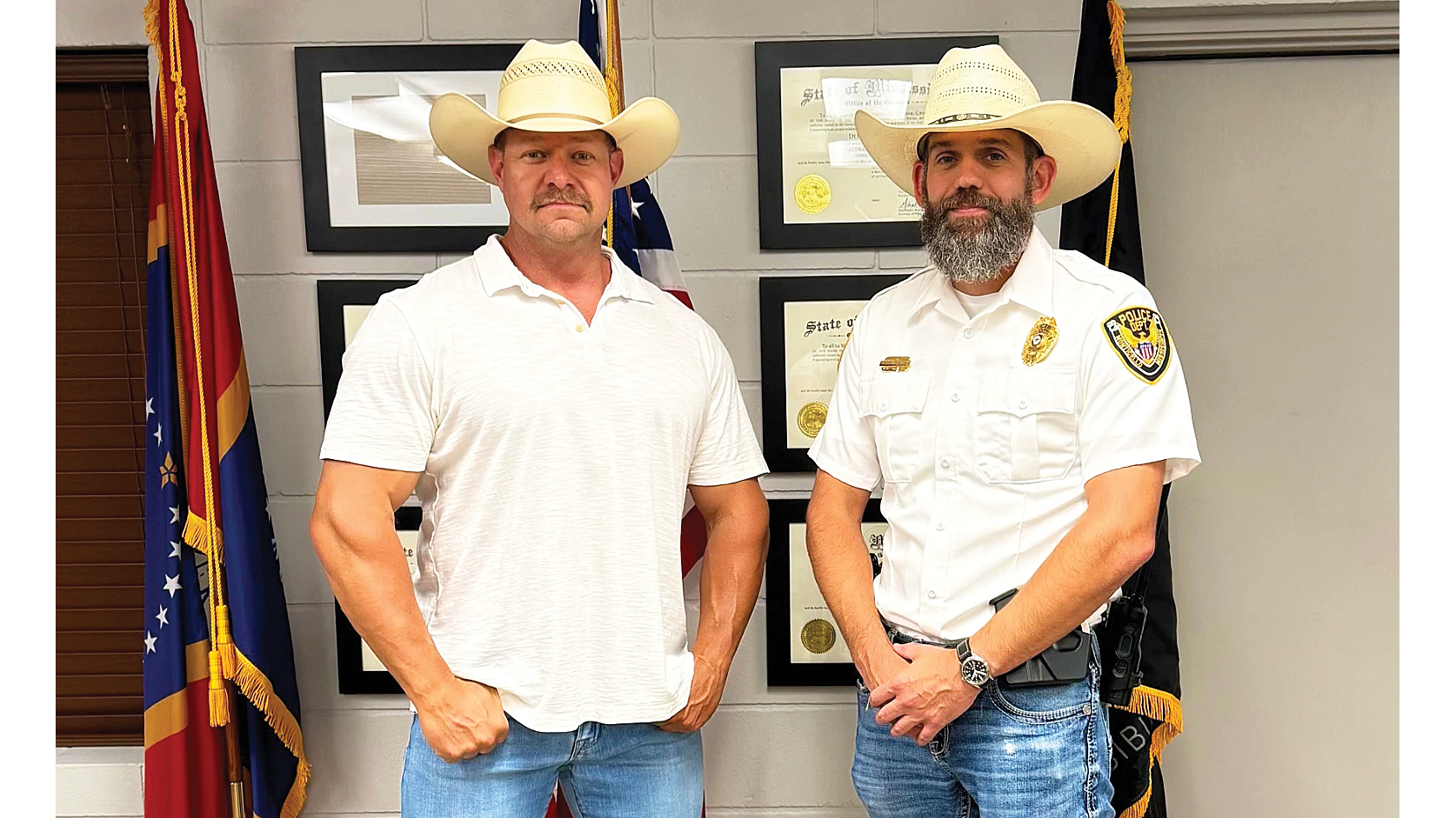Program aims to make ‘big’ difference in ‘little’ lives
Published 5:00 am Thursday, June 26, 2008
Lincoln County’s chapter of Big Brothers Big Sisters is in themidst of its summer recruiting season, and the organization isdesperately seeking mentors to match with its 85 children in boththe city and county school districts in grades K-8 who are alreadyidentified as needing a “big.”
Program Director Kim Putman said the number of children awaitingmentors will most likely increase once the 2008-09 school yearbegins, as school counselors will recommend more students to theprogram.
“That 85 could become 110 once school starts,” she said. “Thereare 85 we’re looking at now. But the schools constantly send usmore, and that number grows every day.”
Last year, more than 200 matches were made between mentors andmentees in the county, and Big Brothers Big Sisters is looking forfresh bodies fill the ranks – particularly young men.
“Right now, we have a lot of little boys whose parents want themto have a male mentor, but male mentors are very rare,” Putmansaid. “Even when we get a group of males, we may not have more than10 or 15 at a time”
Putman said the program is trying to reach out to young males inthe county, particularly through sports programs. Once schoolstarts, Big Brothers Big Sisters will call on coaches around thecounty to make recommendations on the young men in their respectivesports programs. Usually, males who agree to become mentors willthen attempt to recruit their friends as well, Putman said.
Putman said counselors of either sex must be at least asophomore in high school to volunteer, and must possess a cleandisciplinary record. This year, the program is also asking itsmentors to commit to 12 months of service.
“That’s how long it takes for a true match to really takeplace,” she said. “We don’t feel that within two to four months youcan actually find out a child. Some won’t open up to you right off- it can take a month or two before the child really trusts you,and that only gives you a little time to form a bond before theyhave to be cut off.”
Putman said the 12-month mentoring requirement will give the”big” and “little” an ample amount of time to get to know eachother. It will also give the mentor enough time to prepare thementee when the match ends because of graduation or other reasons,and allow the mentor to gradually introduce the next “big” to thechild.
Putman said children are usually rematched with new mentors uponthe big’s graduation, as most will go to college and no longer haveenough time to devote to the program. Another reason matches arechanged is when mentors turn 18.
There are two types of mentoring classifications, Putman said -community and site volunteers. Site volunteers, who are under 18,may only meet with their mentee at school or a community site forabout an hour each week. Community volunteers, who are 18 and up,have more time and opportunities to mentor to their child, but mustalso go a more thorough interview process.
“Background checks are stricter on adults,” Putman said. “Theyhave to check them against the child abuse registry, criminalregistry; we require a copy of their driver’s license and we haveto check their homes. There’s a broader area we have to checkinto.”
Program Director Sandra Banks said the background check isstrenuous on all mentors, both community and site, because the jobis an important one.
“Our bigs go through a rigorous process – we don’t let justany-ole-body be a big,” she said. “There is a standard tomeet.”
Banks said the activities engaged in by bigs and littles – likehelp with homework, games or just simple fellowship – can be ofgreat value to the children.
“Most of them come from single-parent or dysfunctional homes,and they don’t have anyone to turn to,” she said. “They needsomeone other than a parent. Sometimes children will confide insomeone closer to their level better than they will a parent.”
Banks said mentors may, at some point, need mentorsthemselves.
“There will be things you face with a child that can be prettyheavy,” Banks said Wednesday to a group of incoming Big Brother BigSister volunteers at workshop held at Alexander Junior High School.”These kids will confide in you with things they won’t tell anyoneelse.”
Banks said some of the children will inform their mentors ofphysical, mental or verbal abuse or even molestation. In suchcases, she said, the mentor should report back to the programdirectors, who will pass the word up to their superiors for furtherinvestigation.
Banks said the mentors who volunteer for Big Brothers BigSisters do so out of genuine concern. Most volunteers truly want tomake a difference in a child’s life, she said – some even hadmentors of their own and understand the importance of the bond.
And some, like potential mentor Jenneast Lofton, 15, who signedup at AJHS Wednesday, want to give children the bond they neverhad. Lofton said she has grown up without any brothers or sistersher age present.
“I want to be there for these kids so they’ll have someone,” shesaid. “I will play around them, get involved – I won’t just sitthere because I have to for the program.”
Others, like 16-year-old Kelsey Jackson, an upcoming junior atthe Mississippi School of the Arts, mentor for preventativereasons. Jackson, a practicing mentor at the Boys and Girls Club ofLincoln County, created her own program, “Mean Girls Aren’t Cool,”to help children who are victims of bullying two years ago.
“I was a victim of bullying, and I want to help other girlsavoid what happened to me,” she said.
To sign up to be a big in the Big Brothers Big Sisters program,interested people may contact the program office at 601-835-3982,or visit the office on 711 Dr. Martin Luther King Jr. Drive atMullins School to set up an interview. Applications are alsoavailable at the counselor’s office in city and county schools.





